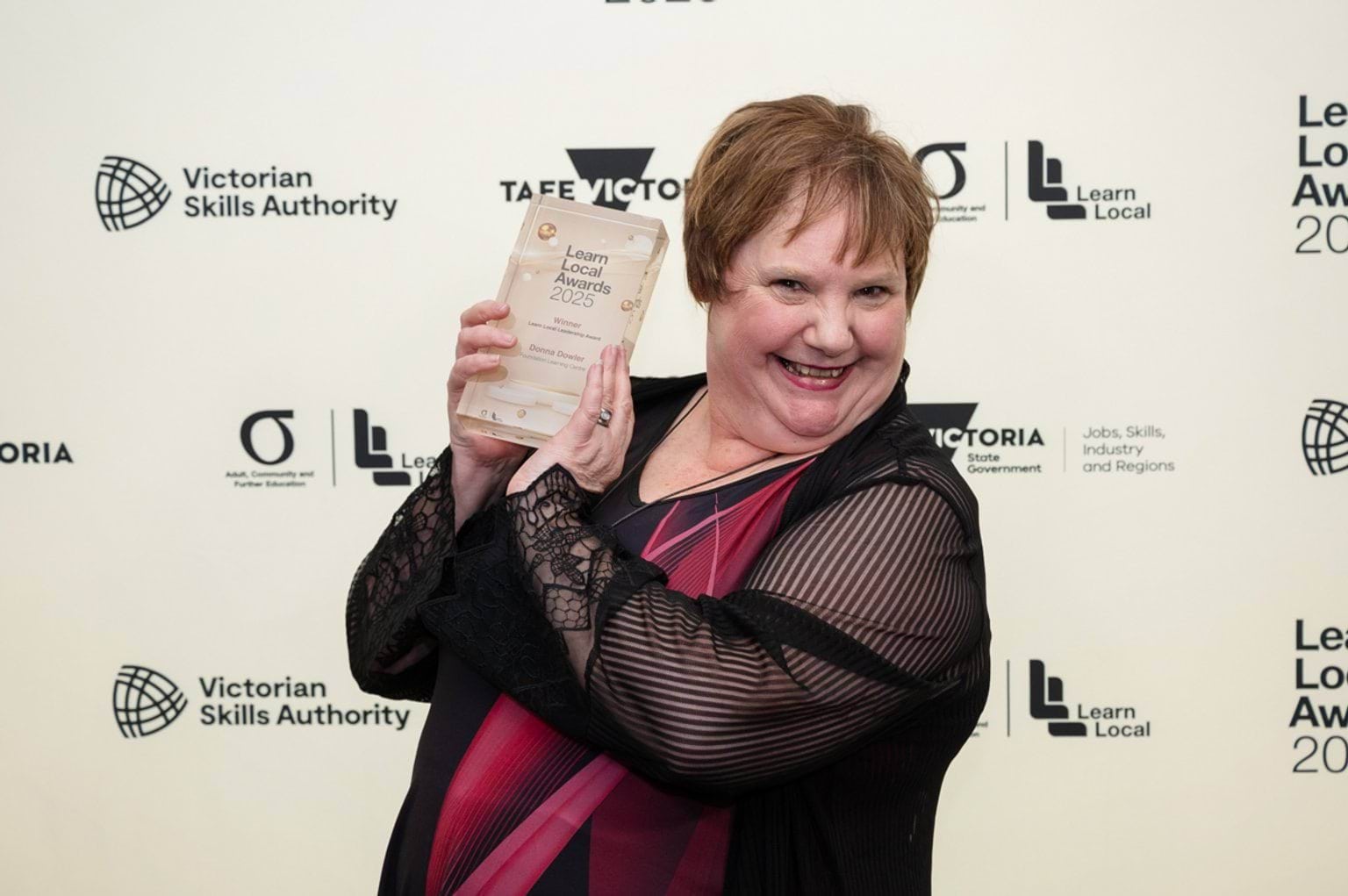The Learn Local Awards are held annually by the Adult, Community and Further Education (ACFE) Board to celebrate the exceptional efforts and achievements of learners, Learn Local providers, trainers and leaders within the Learn Local sector. With 8 categories, the awards are Victoria’s highest prize for the adult community education.
The 19th Learn Local Awards were held on Thursday 9 October 2025 in Melbourne.
If you are interested in partnering with the awards in 2026, please email: learnlocal@djsir.vic.gov.au.
Updated


